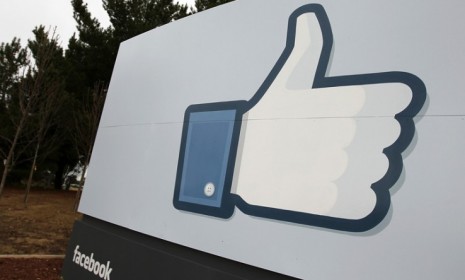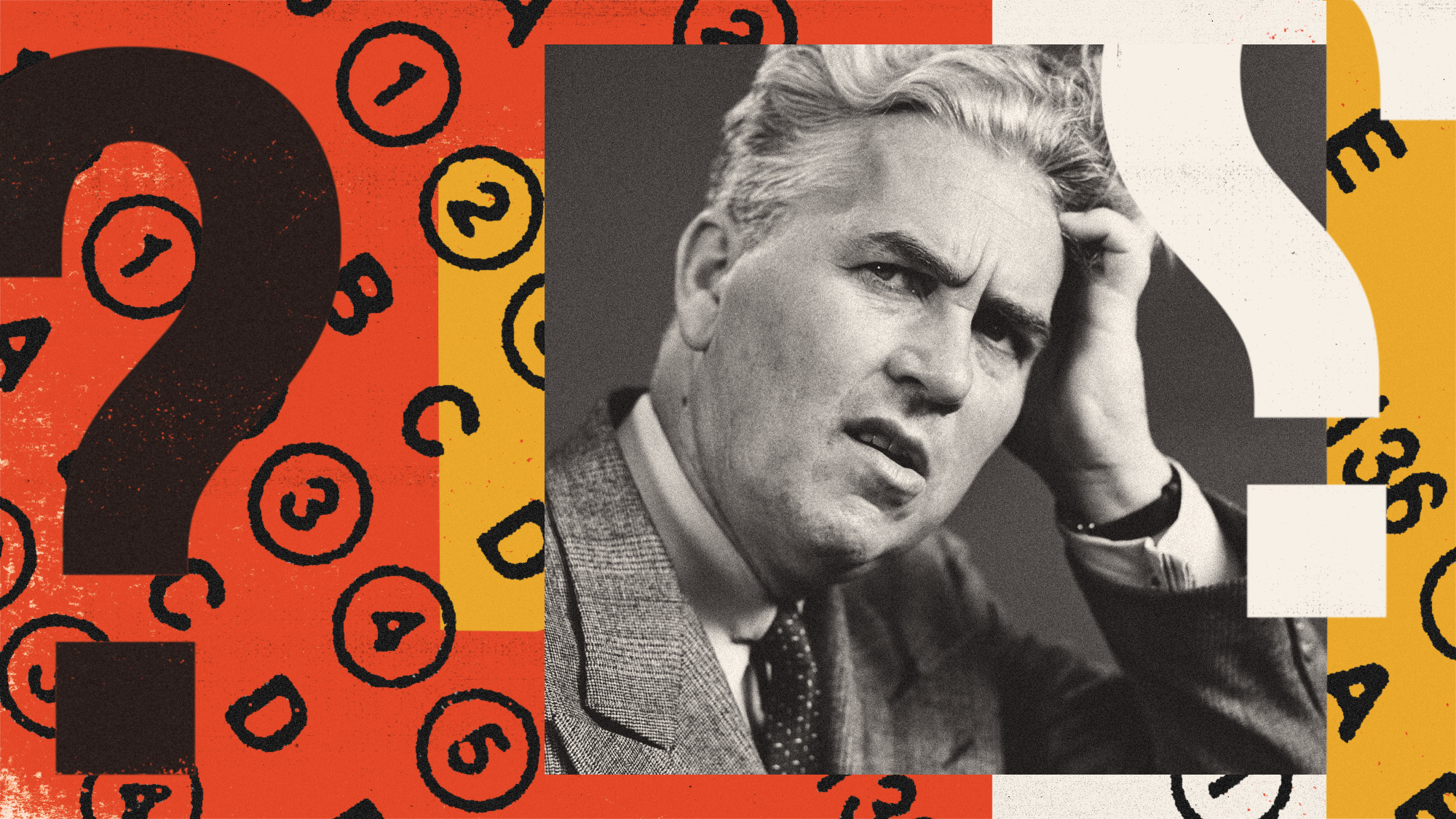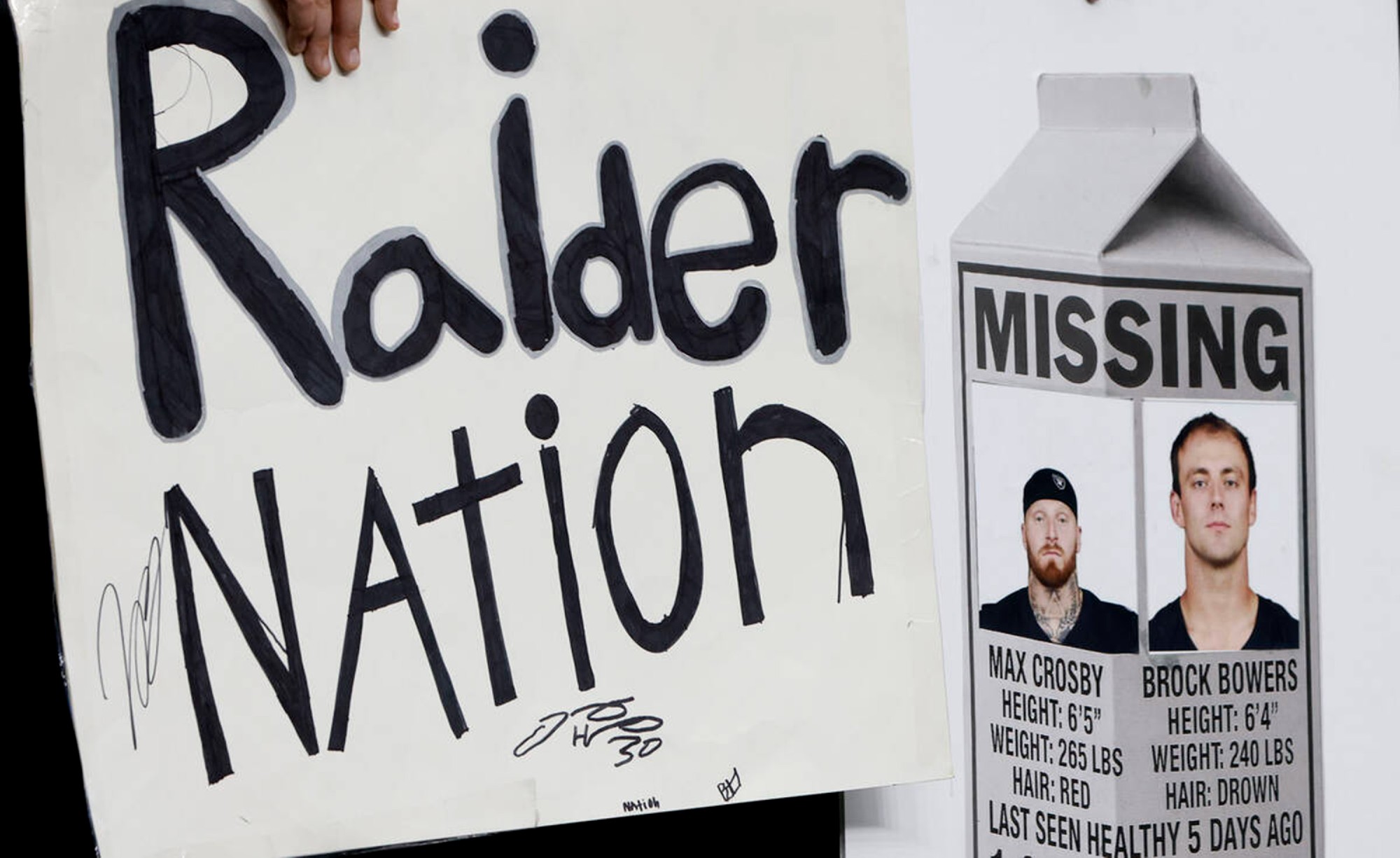Facebook: Sketchy revelations from the things you 'Like'
If you want to look smart on the social network, according to Cambridge researchers, forget the eyeglasses and show your love for curly fries


Every few months, Facebook changes its privacy rules on its billion-plus users, and many of those users get upset, often with good reason. Facebook, after all, is trying to make money from your information, as the price of providing you a free service. A new study from Britain's Cambridge University has some unsettling news, though, for any Facebookers who believe that diligent management of who can see their status updates, photos, and personal information will keep their secrets safe from prying eyes.
The innocent-seeming "Like" button — one of the most basic tools of Facebook, and one that's public by default — is essentially a giant personality test that can reveal a frightening amount of information about who you are and what you're like, the Cambridge researchers reported Monday in the journal Proceedings of the National Academy of Sciences. Just by checking out what somebody Liked, they were able to accurately predict whether the user is white or black 95 percent of the time, male or female 93 percent of the time, Democrat or Republican in 85 percent of cases, Muslim or Christian 82 percent of the time, and whether a man is gay 88 percent of the time or a woman is a lesbian with 75 percent accuracy. To a lesser extent, they could tell if you smoke, if you use drugs, and if your parents separated before you were 21.
And sometimes the researchers got very oddly specific: If you Like the band Lady Antebellum, Sephora beauty products, or Harley Davidson, you may not be very intelligent. You're likely to have a higher IQ, on the other hand, if the things you Like include The Colbert Report, Morgan Freeman's voice, thunderstorms, and curly fries. Curly fries? "We haven't come up with a reason," researcher David Stillwell, who manages Cambridge's Psychometrics Center, tells The Los Angeles Times. That may just be "statistical noise." (Read a PDF with the rest of the telltale clues, or find out what your Likes say about you at the Cambridge team's You Are What You Like site.)
The Week
Escape your echo chamber. Get the facts behind the news, plus analysis from multiple perspectives.

Sign up for The Week's Free Newsletters
From our morning news briefing to a weekly Good News Newsletter, get the best of The Week delivered directly to your inbox.
From our morning news briefing to a weekly Good News Newsletter, get the best of The Week delivered directly to your inbox.
Here's how the study worked: Stillwell, lead author Michal Kosinski, and other researchers at Cambridge University's Psychometrics Center came up with a free online MyPersonality survey — a combination psychology, intelligence, and demographics test — that more than 8 million people took over the span of several years. About half of those test-takers agreed to let the research team look at what Facebook posts, photos, celebrity and brand pages, and other things they Liked. More than 58,000 of those Facebook users were selected for the final data set.
From there, the researchers compiled a list of all the users' Likes and began "doing regressions to see if they could be correlated with a variety of specific traits," says John Timmer at Ars Technica. "The end result was a score that reflected a simple test of accuracy: Given two random members of the group that are on opposite sides of a score (say, gay and straight), how well could the algorithm do at predicting both correctly?" Some of the participants only Liked one thing, and others like hundreds or more.
So the authors tracked whether their predictions got better when a user was a bit twitchier with the mouse. For every value they checked, accuracy went up with the number of Likes available to analyze, although the accuracy for predicting age tailed off at about 300 Likes. [Ars Technica]
This is "a landmark study," says University of Texas psychologist Sam Gosling, who has studied Facebook and behavior since 2002. "You 'Like' something. You leave a comment on somebody's wall. They are now recorded in a way that machines can calibrate and measure them with great accuracy." Other experts are less impressed. You already have more sensitive information online, Dr. Nicholas Christakis, director of the Human Nature Lab at Harvard, tells The Los Angeles Times. "I think this paper is alarmist. We can go from curly fries to pogroms in a couple steps."
Facebook falls squarely in the "hardly surprising" camp. "No matter the vehicle for information — a bumper sticker, yard sign, logos on clothing, or other data found online — it has already been proven that it is possible for social scientists to draw conclusions about personal attributes based on these characteristics," says company spokesman Fred Wolens.
A free daily email with the biggest news stories of the day – and the best features from TheWeek.com
Facebook, of course, has a "tendency to leak private information and photos," says Ars Technica's Timmer. But sharing is sort of the point of Facebook.
The authors make some valid points about how we tend to focus on the leaking of specific information, like Social Security numbers and embarrassing pictures. But the more interactions we have in public forums like Facebook, the more details of our lives tend to leak. In some countries, details like sexual orientation or religion can put people's lives at risk. That sober warning aside, the details of some of the correlations they found are simply hilarious.... For example, the authors found that Hello Kitty fans tended to score high on openness but lower on things like conscientiousness, agreeableness, and emotional stability. They also tended to be Democrats, for what it's worth. [Ars Technica]
Sources: Ars Technica, CNET, The Los Angeles Times, NBC News, TG Daily, USA Today
Peter has worked as a news and culture writer and editor at The Week since the site's launch in 2008. He covers politics, world affairs, religion and cultural currents. His journalism career began as a copy editor at a financial newswire and has included editorial positions at The New York Times Magazine, Facts on File, and Oregon State University.
-
 The Week’s big New Year’s Day quiz 2026
The Week’s big New Year’s Day quiz 2026Quiz of the Year How much do you remember about 2025’s headlines? Put yourself to the test with our bumper quiz of the year
-
 Is tanking ruining sports?
Is tanking ruining sports?Today's Big Question The NBA and the NFL want teams to compete to win. What happens if they decide not to?
-
 ‘Netflix needs to not just swallow HBO but also emulate it’
‘Netflix needs to not just swallow HBO but also emulate it’instant opinion Opinion, comment and editorials of the day
